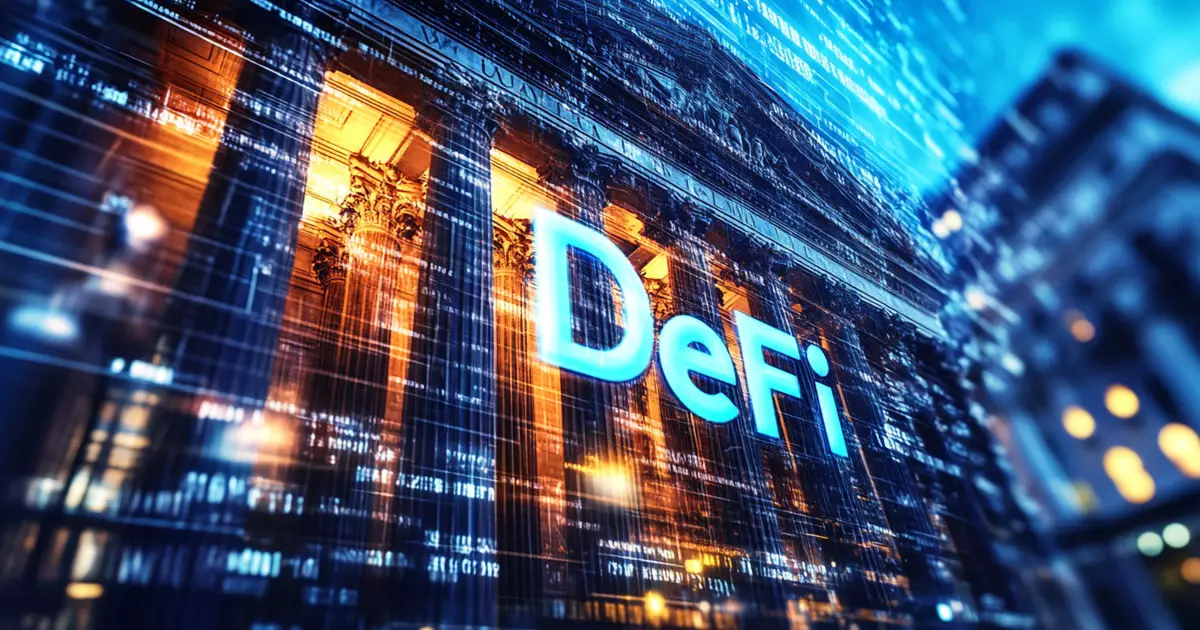As decentralized finance (DeFi) continues to reshape the financial landscape, the discourse surrounding liability for developers is heating up. A recent blog post co-authored by members of the DeFi Education Fund and published by venture capital giant Andreessen Horowitz (A16z) invites the U.S. Department of Justice (DOJ) to reassess how it holds software developers accountable for their creations. By drawing an analogy between car manufacturers and DeFi developers, the authors, Miller Whitehouse-Levine and Amanda Tuminelli, argue that developers should not bear responsibility for user actions, emphasizing that sound regulatory frameworks must segregate the roles of creators from those of users.
The crux of the argument presented by the authors centers around the detrimental effects of targeting developers for the misuse of their protocols. They express concern that imposing liability on developers for user actions could establish a dangerous precedent that deters innovation within the DeFi space. This fear stems from existing regulations, such as Section 1960, which, if applied too broadly, could ensnare developers in legal troubles for activities over which they have no control. They argue that just as car manufacturers are not held accountable for how consumers drive their vehicles, developers should not be penalized for the ways their software is utilized. The analogy speaks to the need for clear legal demarcations in an industry that thrives on user autonomy.
Further complicating discussions of liability is the ongoing case involving Tornado Cash’s developer, Roman Storm. The DOJ’s interpretation of money transmission laws has raised alarms among DeFi advocates, as it blurs the lines between centralized and decentralized exchanges. Centralized platforms are responsible for their users’ funds, functioning as financial intermediaries, while DeFi protocols allow users to maintain direct control over their assets without third-party oversight. The DeFi Education Fund argues that regulators must appreciate this distinction to create a sound legal framework that preserves the fundamental principles of decentralization while providing clarity in regulatory expectations.
With rapid evolution in technology comes the necessity for equally agile and informed policymaking. The authors of the A16z blog post stress the importance of distinguishing between the roles and responsibilities of different actors within the financial ecosystem. By establishing clearer regulations that define control and custody in the context of financial transactions, policymakers can create an environment conducive to responsible innovation. This approach would not only mitigate legal risks for developers but also encourage more robust participation in the DeFi sector.
As the dialogue around DeFi regulation continues to unfold, it is imperative that stakeholders engage earnestly in discussions about liability and compliance. In doing so, the future of decentralized finance can flourish, remaining aligned with its foundational ethos while addressing legitimate legal concerns. The call for regulatory clarity is not merely an appeal for leniency; it is a necessary move to ensure that technological advancements continue to thrive in a rapidly evolving financial landscape.


Leave a Reply